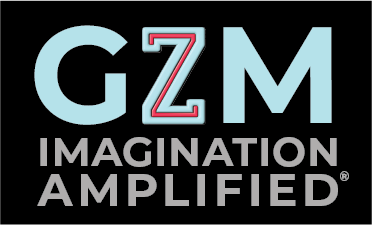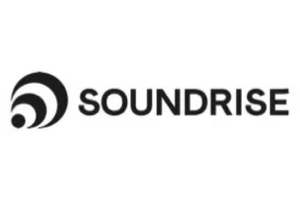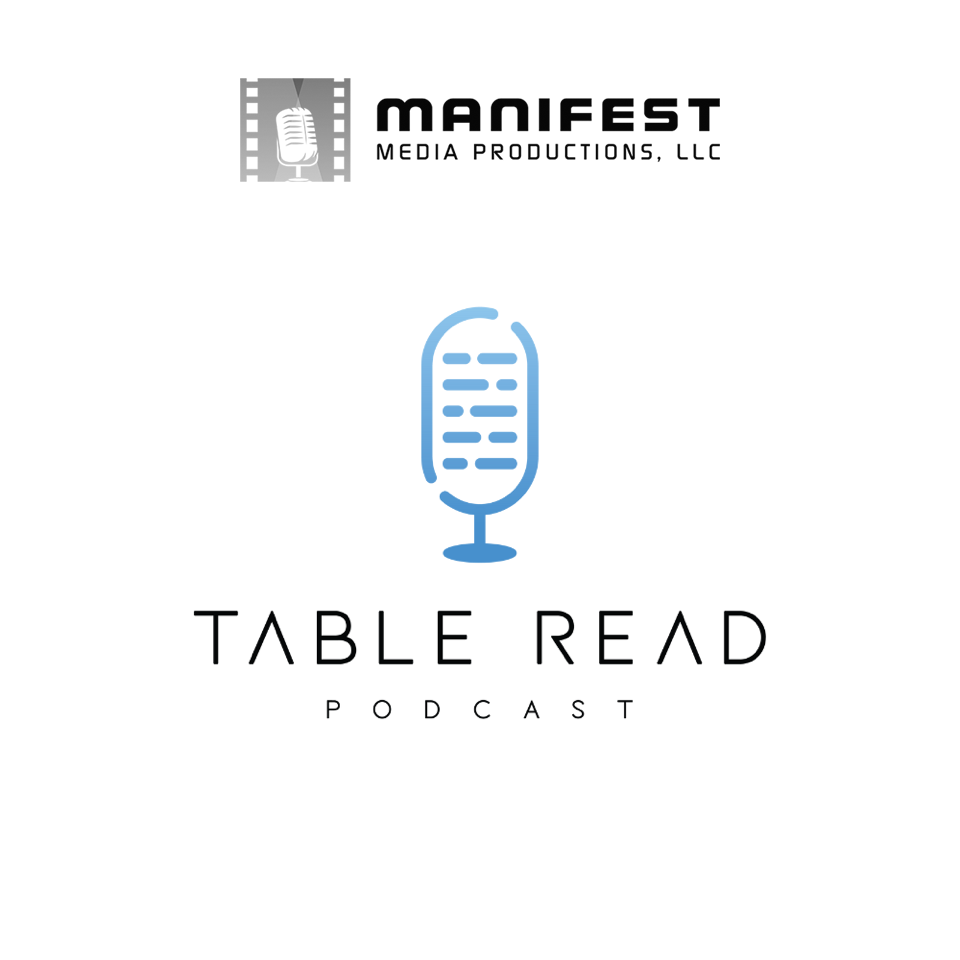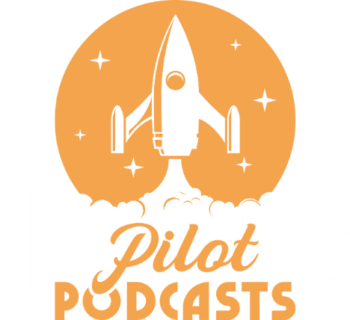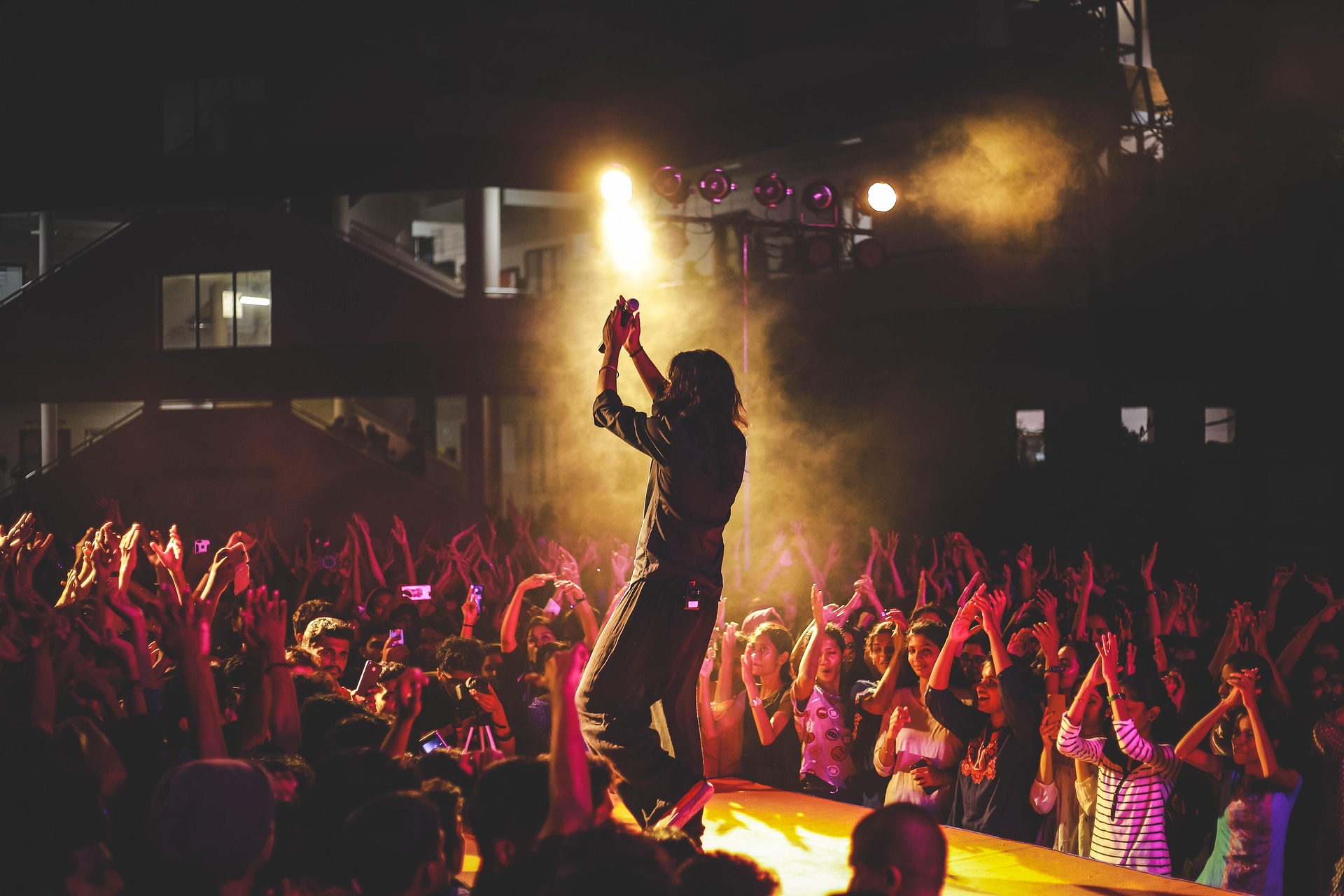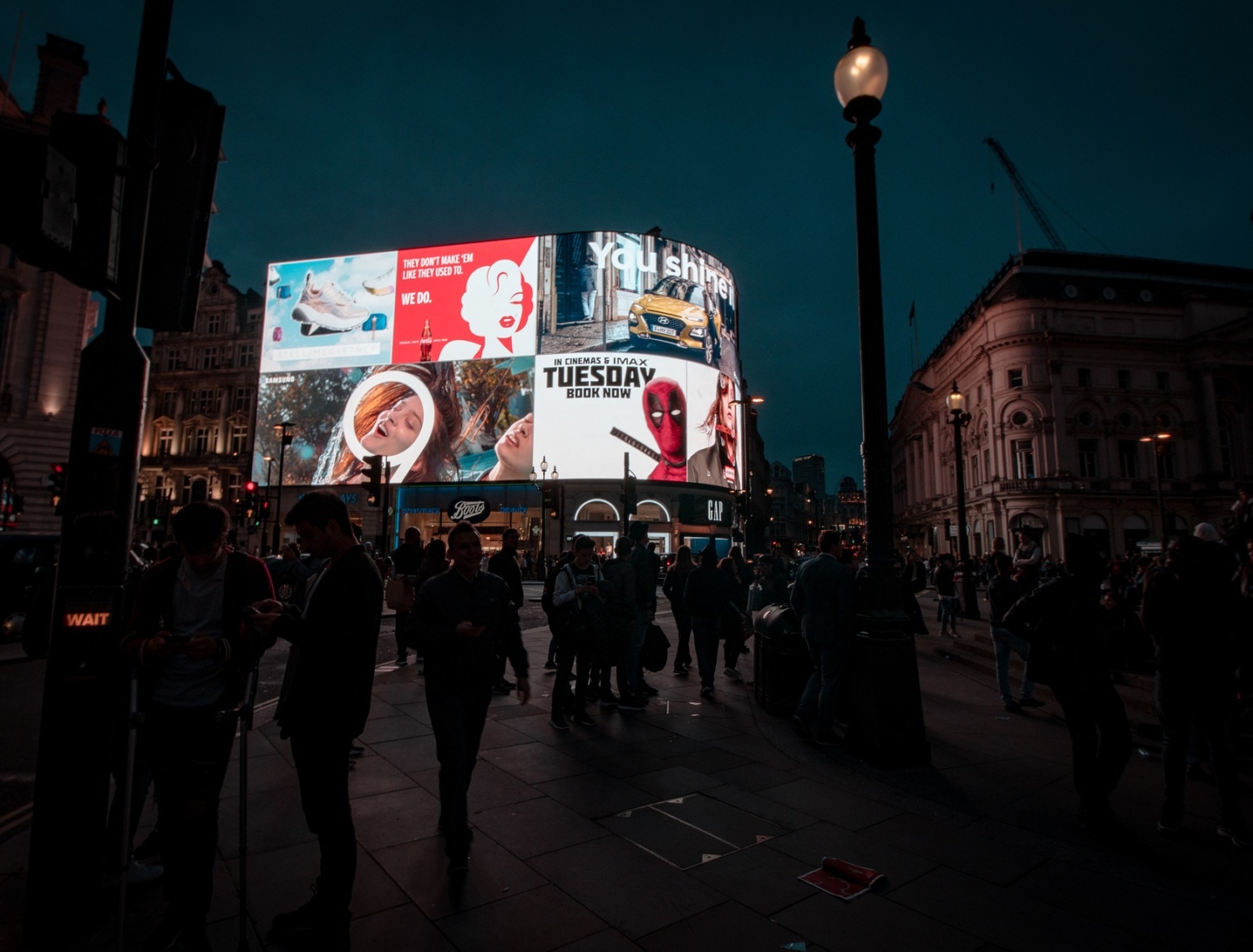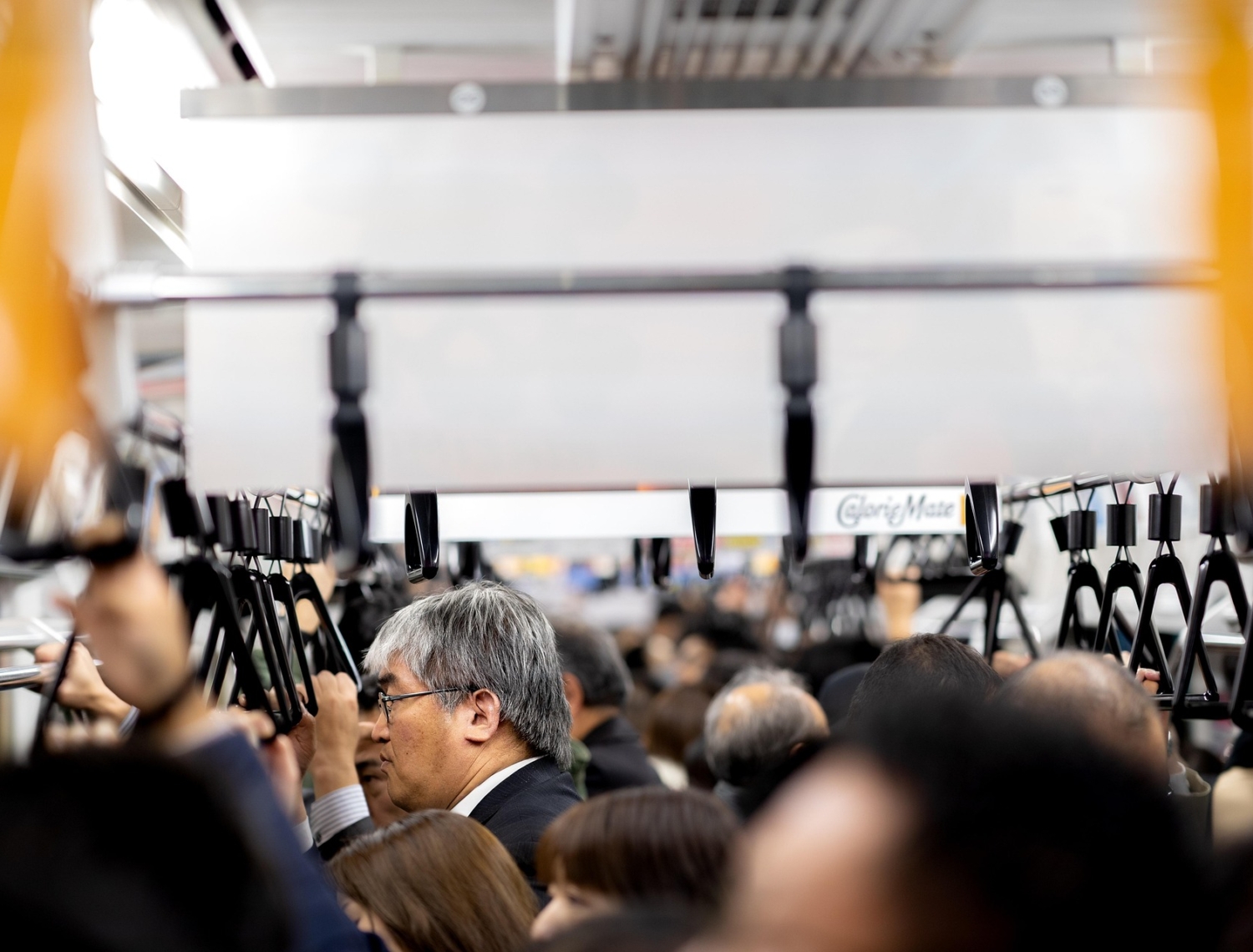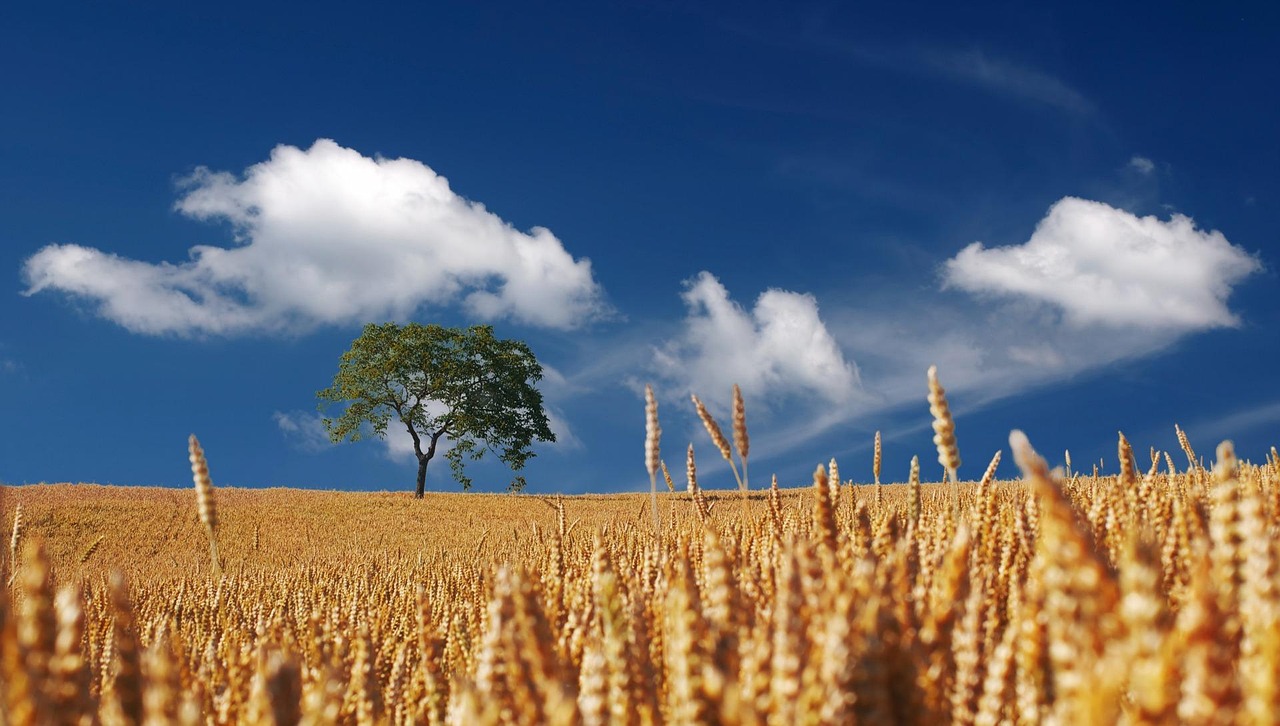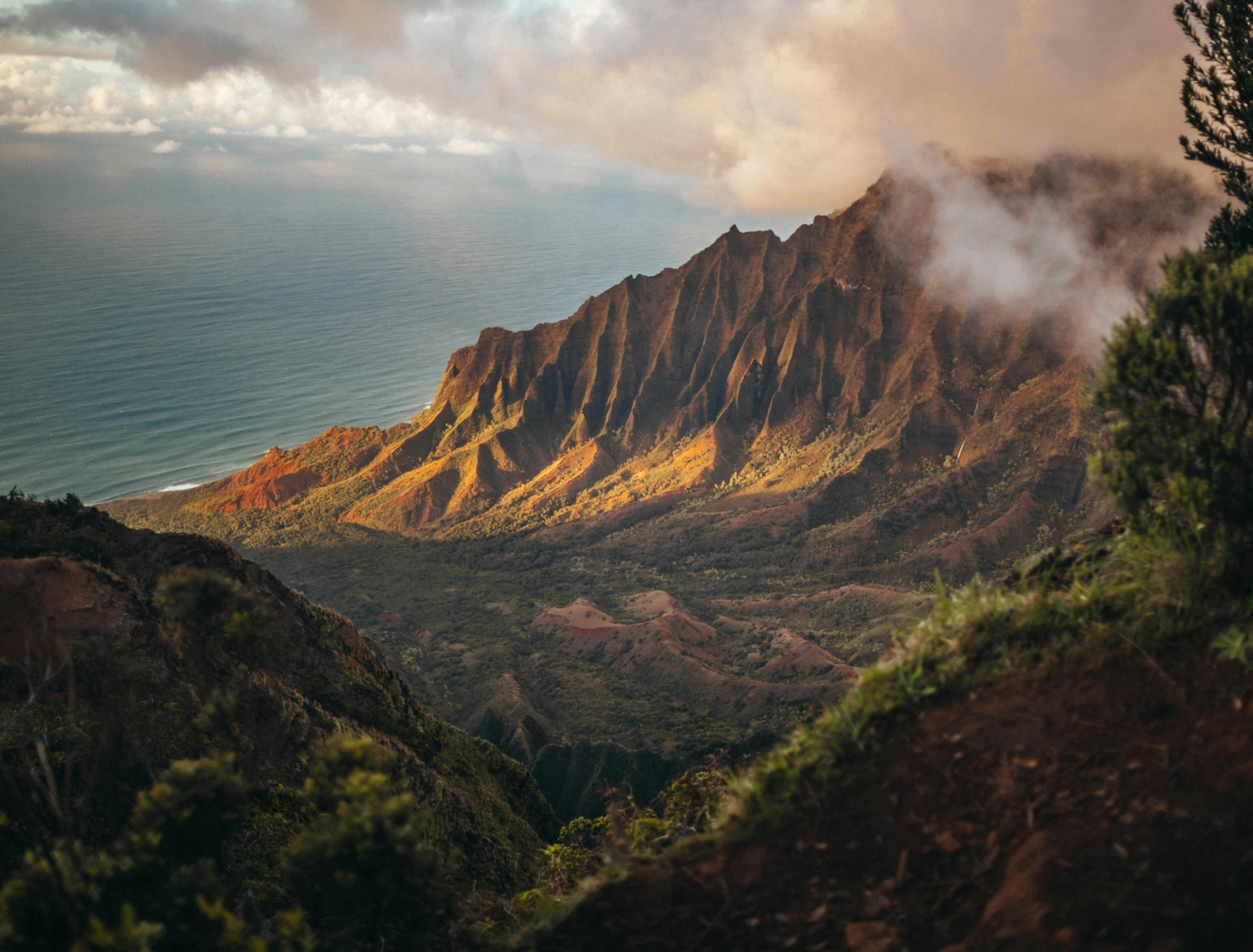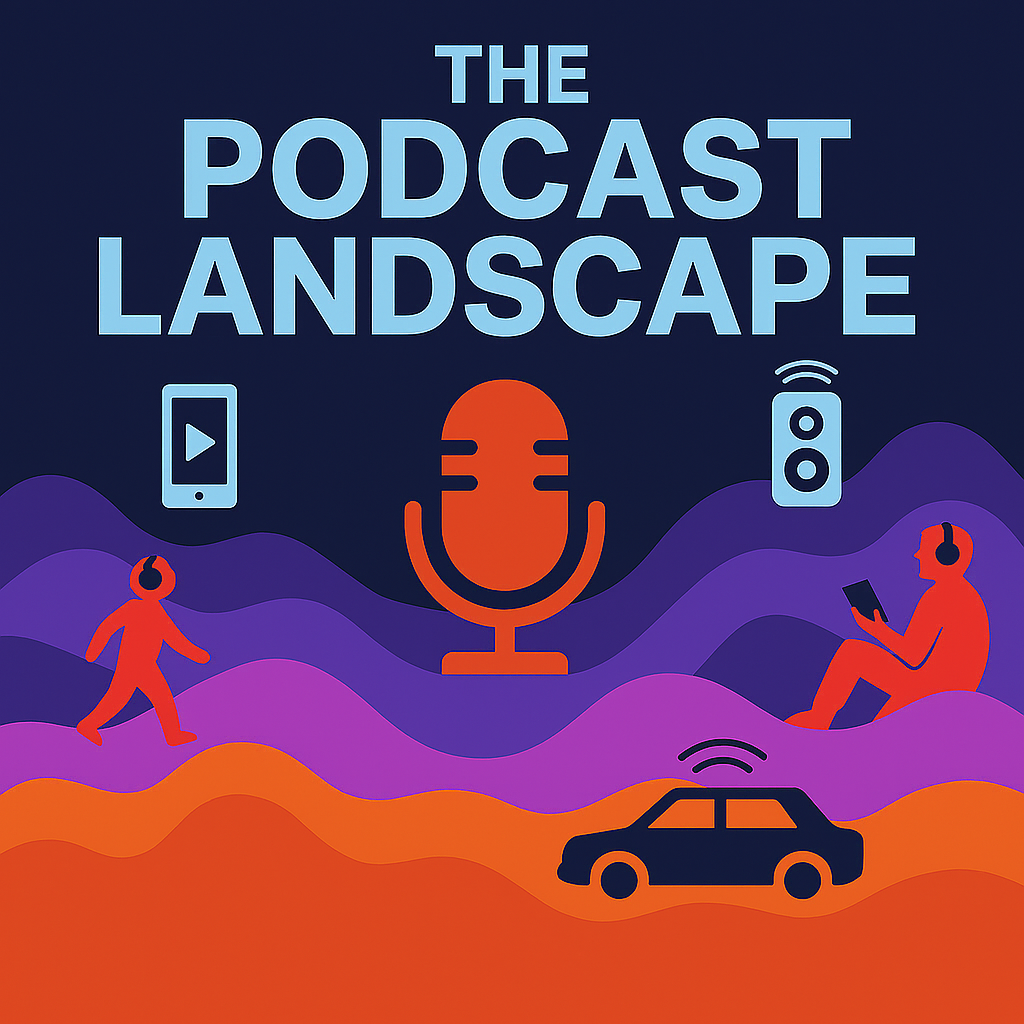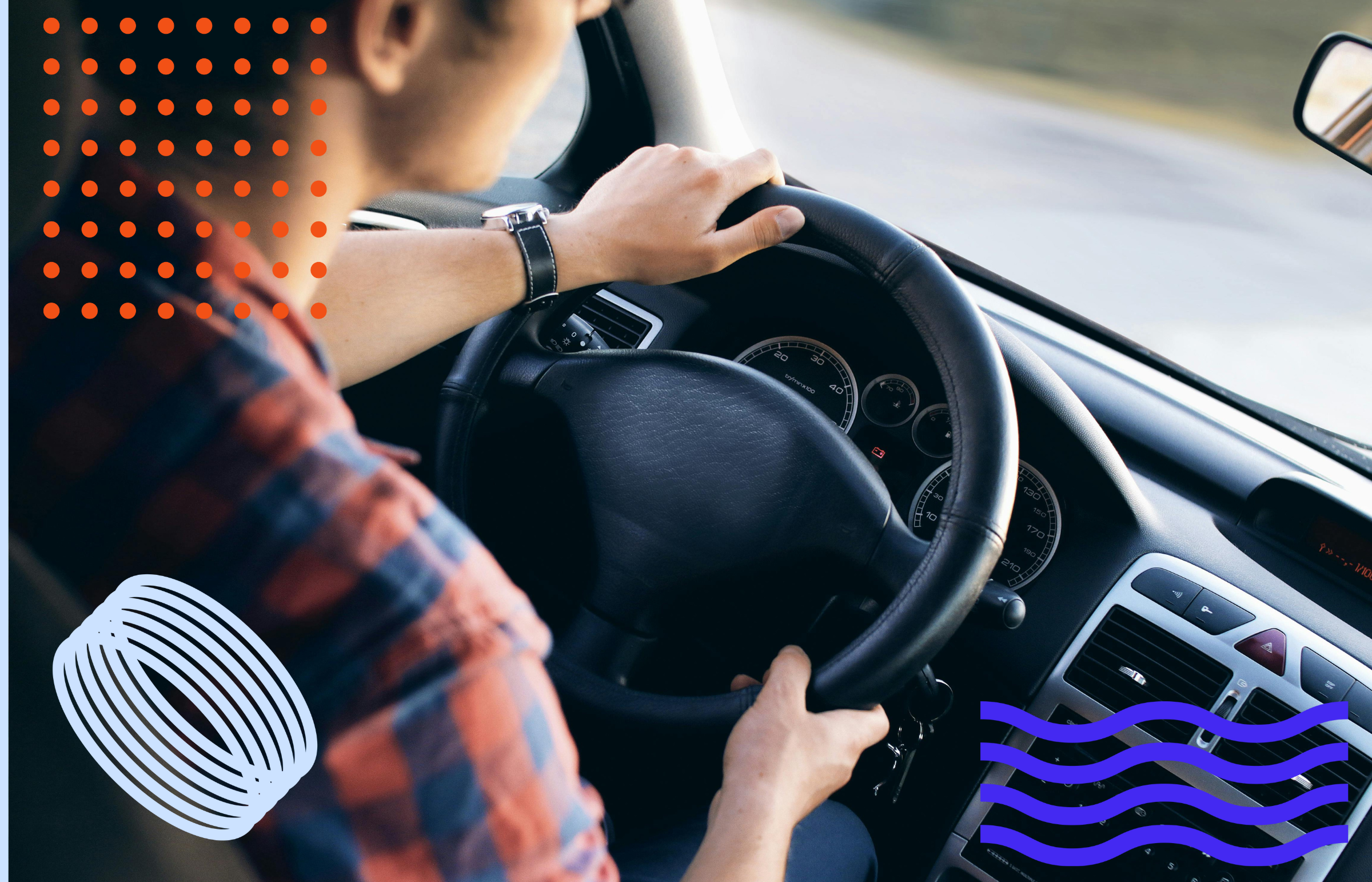Next week, the Sounds Profitable team heads to my former hometown of London for The Podcast Show, one of my favorite events of the year. I’ll be kicking off The Brand Power Stage on Wednesday morning with some brand new data on podcasting’s power to attract attention and garner trust in an increasingly noisy media landscape. We will have a link to register for a webinar in this space soon, so you won’t miss out on that if you aren’t going to be in London. But you will, of course, miss the EVENT. One of the great things about The Podcast Show is that, like my wardrobe, it’s business during the day and entertainment at night, with a variety of events featuring real shows and their real fans, connecting in meat space.
A few weeks ago, I wrote about the importance of building a theater for podcasters – not just a stage, but a full venue where hosts can meet the fans, and where fans can interact. Events can be a huge part of this, and are (I think) an underutilized way to build connections and maybe even a little revenue. In my book, The Audience Is Listening, I wrote a few tips to creating such events for podcasters, and I thought I’d share a little piece of that here with you this week. By the way, if you are looking for a graduation gift for that special someone who is getting their degree, whether it’s high school, college, or graduate school, it doesn’t matter what field they go into: they, like us, will eventually all become podcasters. I know a great graduation gift.
Anyway, on to events.
Podcast events are a lot of fun, and a great opportunity for what normally happens between the earbuds to be a genuinely shared experience. A couple of years ago, I went to a live performance from the cast of The White Vault here in Boston, and it was wonderful to put faces to their (very talented) voices. But for shows like Welcome to Night Vale, or Crime Junkie, or even Wait Wait…Don’t Tell Me, events are also a big part of their revenue stream, and that stream is finally picking up again after COVID drove a screwdriver into the works.
I think this is a wonderful time for any podcast to consider how they can reach their audiences in new and compelling ways with events – and these don’t have to be big, expensive, theater-renting events. Any kind of festival or free event in your town is a great place to put up a table and a sign and put on a show. People will come by out of curiosity. If you can stock the audience with friends, you can even drum up a little social proof that might intrigue the passers-by into stopping and listening and maybe taking a card or sticker.
Let’s face it—we are lousy with “virtual events.” And I don’t know about you, but I am hardly watching any of them. My life is still Microsoft Teams and Zoom right now, and the thought of taking a break from Teams and Zoom to watch more Teams and Zoom is somewhere between cleaning my bathroom and giving myself another quarantine haircut on my list of “leisure” activities. The problem is that there is too much focus on the “virtual” and not enough on the “event.” We miss Events with a capital E. And I think every podcast is capable of creating one.
Here are a few random thoughts about how you could put on a show for your show:
Make it Special
For some podcasts, just doing your regular show before a live audience is enough of an “event” to be an Event, because your audience gets to have a level of access that they typically never have. But now, I don’t think that is enough to really stand out in an environment where the only variety in our days is what virtual background we are using. Pull out all the stops. Bring back guests from your best episodes. Pull in the biggest star you can grab. Re-do some of your best bits. The point is, don’t treat it simply like a video version of your typical show. Treat it like it’s the last show you will ever do.
Make it Scarce
Don’t do this every week or even every quarter or it’s meaningless. A touring show like Wait Wait…Don’t Tell Me! could do the same podcast in one city after another without alteration, thanks to the magic of geography. With your podcast and a limited budget, that’s not going to fly. I have a lot of friends who are keynote speakers, and they are grappling with the same thing: if you basically give the same speech from city to city, but cities and events have been replaced by Zoom, can you really keep giving your same speech?
There are really two ways to go about this—time separation between events or limiting the audience. One of the most delightful activities I discovered during COVID lockdowns was the online “dinner parties” being held by the cooking empire of Barbara Lynch, one of Boston’s most successful restaurateurs. You signed up for a 2-hour class with one of her chefs, picked up all the ingredients at the takeout window of one of her restaurants, and then cooked with just a handful of other online students to make the dinner in real-time. It was being able to see all of the other participants, and not just feeling like you were watching TV, that made it engaging.
Now, you don’t have to limit class size online, but they do—and it makes the event special precisely because it is scarce—only a handful of people can take part. This means my Zoom screen isn’t an existential Brady Bunch nightmare, AND the teaching staff is constantly calling me by name and asking to see how I am doing.
I made prune-stuffed homemade gnocchi with foie gras sauce. I am sorry, dear readers, but I am already very happily married.
Turn the Chairs Around
My good friend Chris Brogan likes to say that the difference between an audience and a community is which direction the chairs are facing. With Barbara Lynch’s online “dinner parties,” the chairs were been turned to face each other, and the experience was richer for it. Your podcast (like all podcasts) is largely a one-to-many affair, but a virtual, live event is a great opportunity for you to rethink that relationship entirely, break the “fourth wall,” and invite your audience in to co-create the experience.
Really, making those listeners who want to be a part of the show whenever possible is always good advice, whether for an event or the regular show. Even people who would never call the “request line” at a radio station like to know that it’s at least possible. Acknowledging your audience as integral to the show and its content is something you really can’t do enough of. Some people will take you up on it, some won’t. But it will mean something to almost all of them.
Finally, if YOUR podcast has an event in the Boston area, let me know! I need to get out more. Speaking of which, if you see me in London, say hi!
New Partners
Sounds Profitable exists thanks to the continued support of our amazing partners. Monthly consulting, free tickets to our quarterly events, partner-only webinars, and access to our 1,800+ person slack channel are all benefits of partnering Sounds Profitable.
- Zeno Media is a media company that provides online audio streaming and podcasting services, targeting diaspora communities worldwide.
Want to learn more about partnership? Hit reply or send us an email!




































